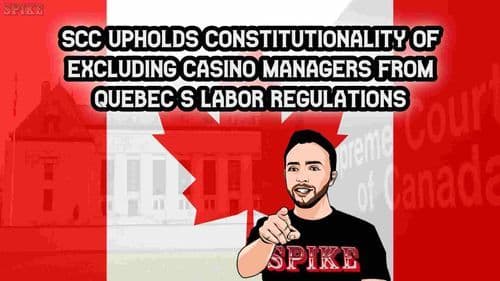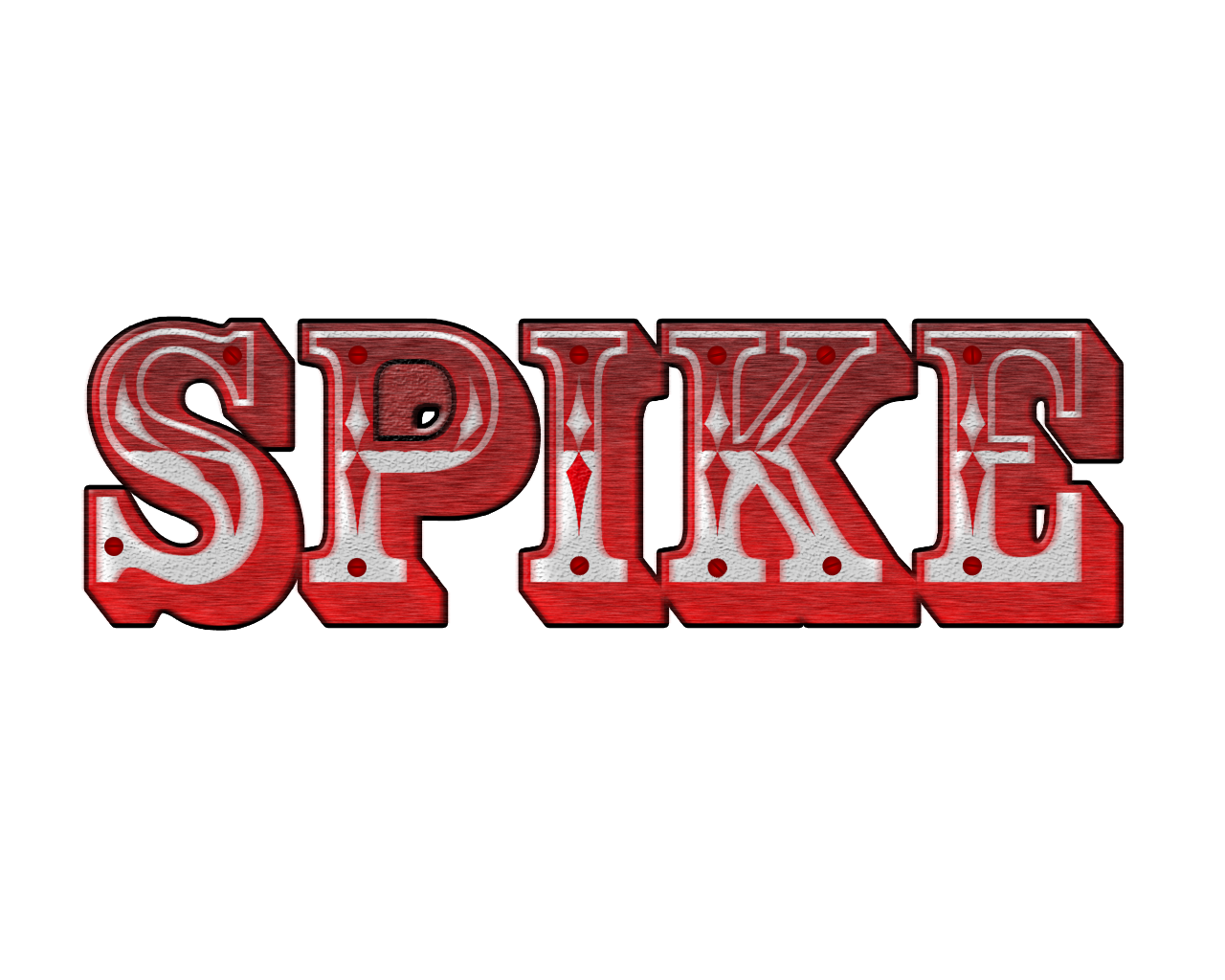
In a recent decision, the Supreme Court of Canada held that the exclusion of Quebec casino managers from the province's standard collective bargaining framework does not violate the Charter's right to freedom of association.
The case, which involved the Société des casinos du Québec and the Association des cadres de la Société des casinos du Québec, resolved a long-standing dispute that had been the subject of differing interpretations by lower courts. These courts debated whether the criteria for assessing indirect versus direct government violations of freedom of association should be different. However, the SCC clarified that a single standard applies to both positive and negative claims under section 2(d) of the Charter, which protects the right to freedom of association.
This decision comes amidst several notable submissions and interventions, such as the participation of the Canadian Civil Liberties Association, which argued for a consistent application of the test for section 2(d) claims. The Association highlighted the vulnerability of workers under labour laws such as the Quebec Labour Code to potential employer interference in their collective activities. They contended that the primary consideration should be whether the legislation substantially interferes with freedom of association, either in intent or in effect.
Catherine Fan, representing the CCLA, noted the importance of the Court's decision to maintain a single test. She expressed satisfaction that the Court recognized the unfair burden on claimants excluded from collective bargaining frameworks, although the practical implications of the decision may still pose challenges for them in proving substantial interference with their rights under Section 2(d).
In 2009, the Association des cadres de la Société des casinos du Québec sought judicial recognition before what is now the Administrative Labour Tribunal, arguing that its exclusion from the category of "employee" under section 25 of the Quebec Labour Code was unconstitutional. Initially, the tribunal sided with the association, citing precedent to determine that the exclusion significantly impeded the managers' right to freedom of association.
However, this decision was overturned by the Superior Court of Justice, which argued that the claim fell under a different legal framework because it involved a state obligation to take affirmative action, not merely to refrain from interference. The Court of Appeal later reinstated the trial court's decision, agreeing with the original interpretation.
In their ruling, a majority of the Supreme Court justices, including Justices Andromache Karakatsanis, Nicholas Kasirer, Mahmud Jamal and Michelle O'Bonsawin, upheld the lower court's application of the Dunmore framework. This framework examines whether the action falls within the Charter's protection of freedom of association and whether the government action substantially interferes with that right, either directly or indirectly.
The legislative intent behind excluding managers from the category of "employees" was discussed, highlighting goals such as distinguishing between management and operations, preventing conflicts of interest in collective bargaining, and ensuring that managers adequately represent the interests of employers.
However, the dissenting opinions of Justices Richard Wagner and Suzanne Côté argued that the Dunmore framework may be more appropriate for claims requiring affirmative state action, although they agreed that the exclusion was constitutional. Justice Malcolm Rowe also offered a unique perspective, suggesting that different standards should be applied to claims based on negative and positive rights.
This decision solidified the interpretation of section 2(d) of the Charter and its application to labour relations, and set an important precedent for future legal assessments of similar cases.









